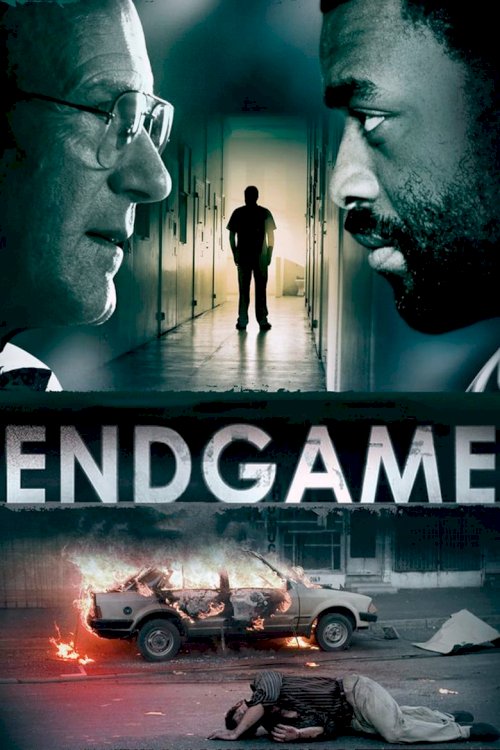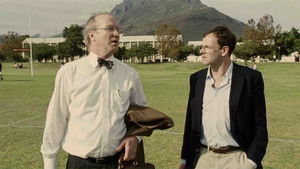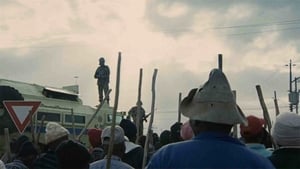1 st 49 min
| Drāma
| Detektīvfilma
IMDB 6.2 / 10
(2583 balsu)
Režisors
Zvaigznes
Budžets
22,000,000.00
Atslēgvārdi
Studija
Radītāji
Citi nosaukumi
Frente a Frente com o Inimigo (BR)
Die Mandela-Verschwörung (DE)
Endgame - Die Mandela Verschwörung (DE)
Die Mandela-Verschwörung (DE)
Endgame - Die Mandela Verschwörung (DE)
Vairāk
Izdošanas datumi
18.01.2009 (US)
04.05.2009 (GB)
01.08.2013 (DE)
08.05.2009 (BR)
04.05.2009 (GB)
01.08.2013 (DE)
08.05.2009 (BR)
Vairāk





















